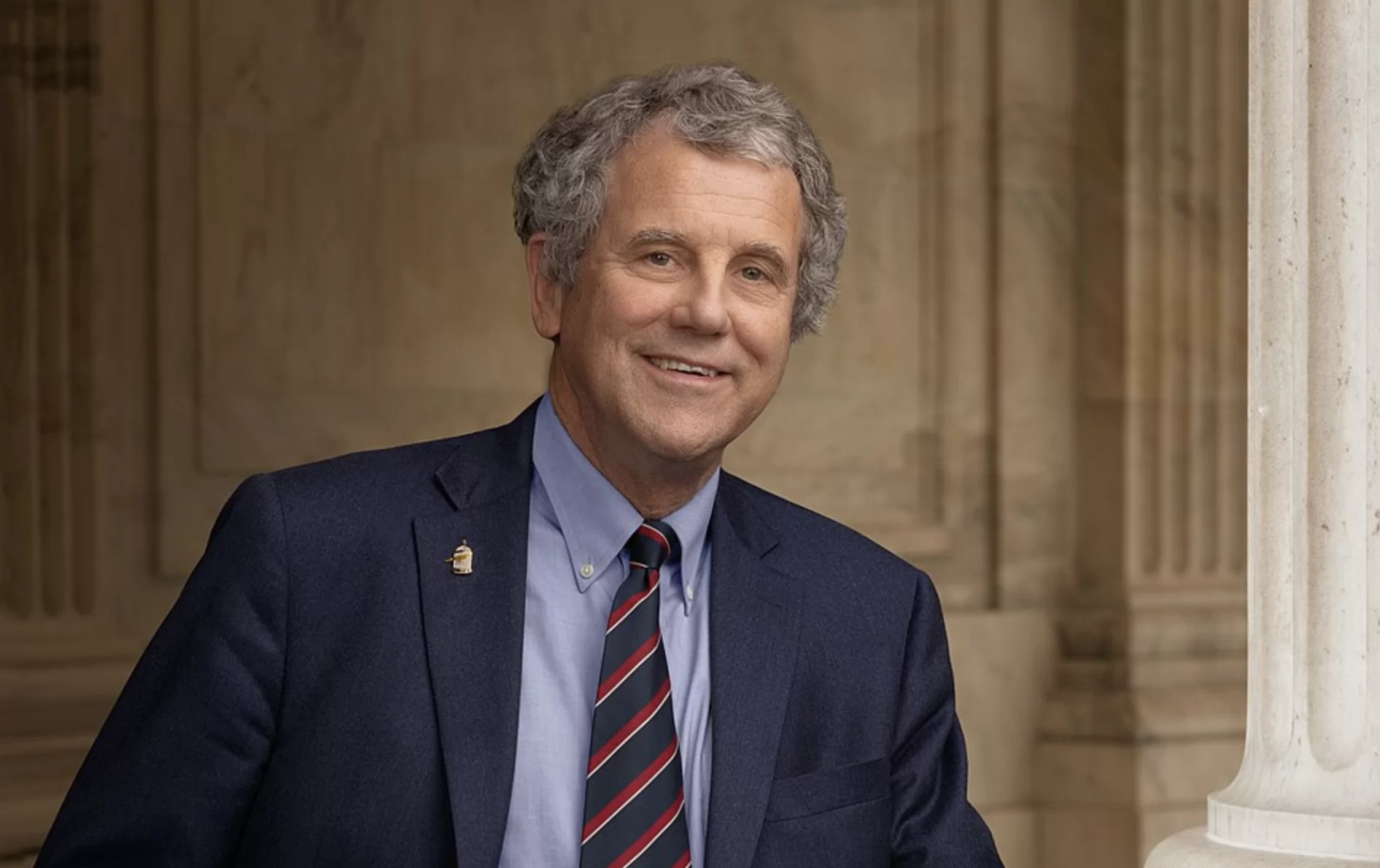U.S. Senator Sherrod Brown (D-Ohio) made the remarks below on the U.S. Senate floor on Sept. 14:
Mr./Madame President,
Today I hope my colleagues will join me in standing in solidarity with thousands of UAW workers in Ohio and around the country, who are demanding that automakers respect the work they do to make these companies successful.
There is still time for the Big 3 to avert a strike – which we know is always a last resort for workers. Any union family knows they almost never recover the lost wages.
Autoworkers want to be on the job, not on the picket line.
But when companies refuse to recognize the work they do, workers are backed into a corner.
This is why a union card matters. A union card means workers can stand together:
for fair pay and benefits,
for better working conditions,
for safe workplaces
for control over their schedules
for a voice in their company.
Because let’s be clear – autoworkers are the engine behind these companies’ success.
GM and Ford and Stellantis wouldn’t be making a dime in profit without the workers who actually make their cars and trucks.
Remember, autoworkers stood up and made sacrifices to help save the American auto industry when times were tough.
We all remember the depths of the recession – UAW workers stood behind the Big Three when a whole lot of politicians in this town wanted to abandon these companies.
Now that times are good, all workers are asking for is their fair share.
And let’s be clear: times are very, very good for these companies and for their CEOs.
Together, GM, Ford and Stellantis brought in $21 billion in profits the first half of this year alone.
Workers made those profits possible. They ought to share in them.
Right now, the CEO of GM makes 362 times what its median worker makes. At Ford, it’s 281 times.
So I don’t want to hear whining from these companies that they can’t afford to pay workers what they’re worth.
And that goes for ALL autoworkers, making all kinds of vehicles – I mean cars and trucks and SUVs. I mean internal combustion engines and hybrids and electric vehicles.
We’ve heard a lot of politicians blame electric vehicles for this dispute – as if somehow corporations wanting to squeeze their workers is a new development, as if it hasn’t been happening for a hundred-plus years, in every industry.
Let’s be clear: I don’t care what kind of car Americans drive – I just want them to be made in Ohio, by union workers, making good middle-class wages.
Everything we do is focused on that goal.
It’s why Connie and I proudly drive Jeeps, made in Toledo, by UAW workers. Before that, we drove a Chevy Cruze, made in Lordstown – of course, by UAW workers.
When politicians of both parties were pushing for NAFTA, which sent thousands of Ohio jobs to Mexico – we fought them every step of the way.
When politicians said let these companies die, they’re not worth saving, foreign automakers can do this better – we fought them every step of the way.
And now today, for anyone who doubts that Ohio autoworkers are the future of this industry, for anyone who wants to give up on these plants, or force workers there to settle for less – we will fight you every step of the way.
We know this industry is always changing.
40 years ago when Jeep rolled out the Jeep Cherokee, most people had never heard of an SUV. Now they dominate the market.
Twenty-three years ago, hybrids came along.
Whatever the auto industry looks like in 20 years, in 50 years, in 100 years – Ohio autoworkers and American innovation must be and will be leading it.
I was in Lordstown a couple of weeks ago, at UAW 1112 talking with my friend Dave Green and workers at the new Ultium Cells battery plant.
Many of them worked at the Chevy Cruze plant, before GM closed it. There are reminders everywhere of what bad trade deals did to the Mahoning Valley.
Now, these workers are again at the forefront of their industry – but they’re not getting paid like it.
These have the potential to be good, middle class jobs. And we won’t settle for anything less.
After we pushed them, the company raised wages. Good – not good enough.
America can and should continue to lead the global auto industry. But the Big 3 can’t do that without their workers.
To do that, ALL of these auto companies need to agree to a fair contract, with ALL autoworkers.
There’s still time for that to happen. There’s still time for these great American companies to do the right thing.
That means listening to their workers – and it means foregoing strike-busting tactics, like we saw the last time UAW workers were forced to picket.
In 2019, GM cut off striking workers health insurance. It’s a bad-faith tactic that not only hurts their most valuable asset, their workers – it hurts workers’ families.
I was at Local 14 in Toledo, talking to one worker. He said he had to cancel a small surgery for his 4-year-old daughter, Chesney, because GM canceled the family’s health insurance.
It was despicable.
I have a bill with Senator Casey to make sure it doesn’t happen again, the Striking Workers Healthcare Protection Act. But we shouldn’t need it.
It’s time for these auto companies to do the right thing, to bargain in good faith, and to agree to a contract that honors the Dignity of Work.
Sherrod Brown is the senior U.S. Senator from Ohio.







